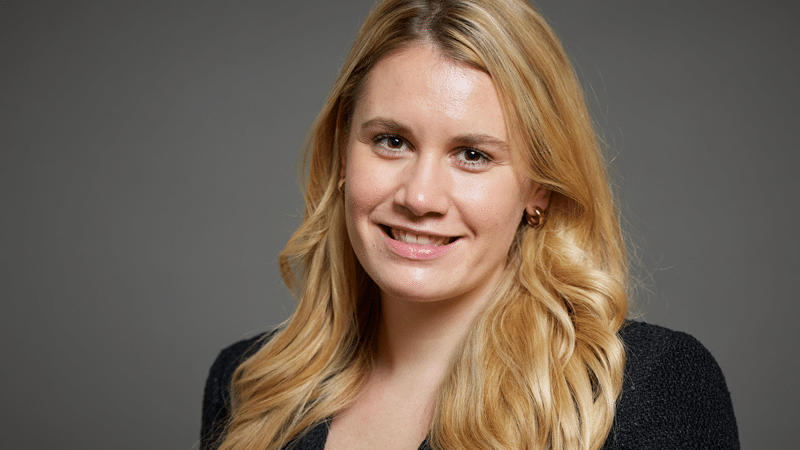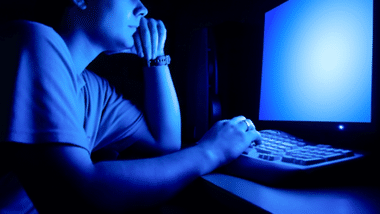A Bill to ban the creation or solicitation of deepfake porn is advancing through the House of Lords with support from multiple charities and campaigners as well as 22 peers from across the House.
The Non-Consensual Sexually Explicit Images and Videos (Offences) Bill is a Private Members’ Bill brought forward by Baroness Charlotte Owen.
The sharing and selling of sexually explicit deepfake images and videos became a criminal offence through the Online Safety Act, but creating them is not illegal and is increasingly simple through the use of free online apps.
‘This is abuse’
My Image, My Choice, a campaign group supporting the Bill, found that one app for creating sexually explicit deepfakes processed 600,000 images in the first three weeks following its launch – 99 per cent of the images were of women.
Lady Owen warned: “Anyone can walk into the pub, take a picture of a woman without her consent and then create and own a naked, sexually explicit image of her, or insert that photograph into a pornographic situation”, adding “This is abuse.”
She continued: “Men are doing this to their mums and sisters.”
“It’s like a race to the bottom of how degrading and depraved this content is.”
Widespread harm
The Law Commission, which makes recommendations on law reform, published a report concluding that creating non-consensual fake explicit images is a “violation of the subject’s sexual autonomy”. However it did not recommed making it illegal, stating that the level of harm is not serious enough.
Jodie, who uses a pseudonym, is a victim of deepfakes and spoke against the idea of it being a “victimless crime”. She said: “I felt like my body, my autonomy, and my identity had been stolen from me, re-contextualised into something grotesque to be shared with strangers for their sexual gratification.”
Jodie explained: “The lack of urgency around legislating against deepfake and image-based sexual abuse leaves survivors, who are predominantly women, feeling vulnerable and unprotected”.
Legislative support
Baroness Foster of Aghadrumsee, a former First Minister of Northern Ireland, said: “I can’t understand why the government aren’t jumping all over this,” and added that “Social media has a chilling impact on women coming forward in public life. And that, for me, is so detrimental to democracy.”
A spokesman for the Ministry of Justice stated: “Sexually explicit deepfakes are degrading, harmful and, more often than not, misogynistic.
“We refuse to tolerate the violence against women and girls that stains our society which is why we’re looking at options to ban their creation as quickly as possible.”
Graduate pioneers porn recovery programme for students
‘Porn is fuelling sexual violence against women’, MP warns
UK Govt urged to ‘stem alarming tide’ of deepfake pornography


